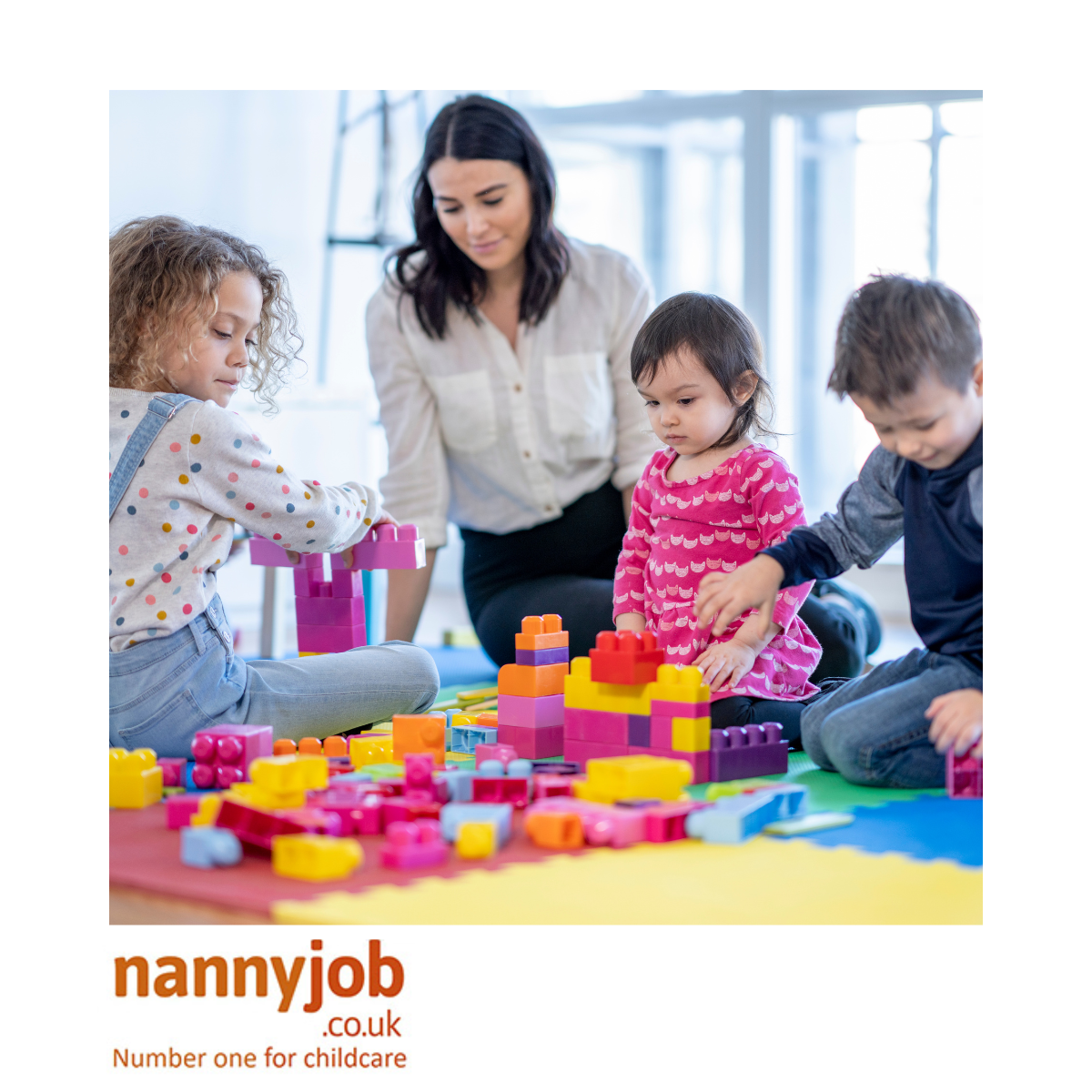Ask most nannies what they want in a job and they’ll tell you that what really makes a difference is respect. But what is respecting your nanny when all is said and done? We’ve come up with R.E.S.P.E.C.T. to help you respect your nanny.
Rights
Nannies have the same employment rights as anyone else and they don’t appreciate employers trying to cut corners. They are entitled to National Minimum Wage if live out, 5.6 weeks paid holiday per year, statutory sick, maternity, paternity and adoption pay, time off for ante-natal appointments, a contract, redundancy pay, notice of the end of employment and a whole lot more.
Earnings
While nannies of course love looking after children it is their job, and they expect to be paid the correct amount, on time. If you’re not sure how much to pay your nanny and how much goes to the tax-man, think about engaging a professional payroll company to manage it for you. They’ll produce the payslips too, which help your nanny keep track of their earnings.
Space
Live in nannies especially need their space respected. Their room should be for their use only, not extra storage for you or an additional guest room when they’re away. But respecting space isn’t just about physical space – it’s also about not contacting your nanny outside work hours unless it’s an emergency and allowing them to have a personal life that you don’t know about.
Professionalism
Nannies rarely give advice unless its asked for but they may make suggestions on ways to manage behaviour or translations. Respecting your nanny’s professional knowledge and experience makes for a happy relationship. Professional nannies are also capable of getting on with the job and don’t need micro-managing. Respect your nanny’s daily routines and timescales as long as everything is accomplished.
Expenses
No-one likes being out of pocket for work and nannies are no exception. If a nanny has paid for something out of their own pocket then the respectful thing to do is pay them back promptly.
Choices (decisions)
When parents don’t respect and back-up the choices a nanny makes, children learn they don’t have to respect the nanny either. If nanny said no biscuit then respect the choice they made, even if it’s not what you would have said. If you do disagree with a choice your nanny has made, be respectful and approach them about it in private.
Time
Respecting your nanny’s hours is one of the simplest things you can do to show respect. Allow them to start work on time a be home for them to finish on time. Their finish time is the time they should be able to walk out the door, not the time you get home and start a run-down of the day.
Image © Photographer: Freds | Agency: Dreamstime.com











 20 questions you need to ask at interview
20 questions you need to ask at interview